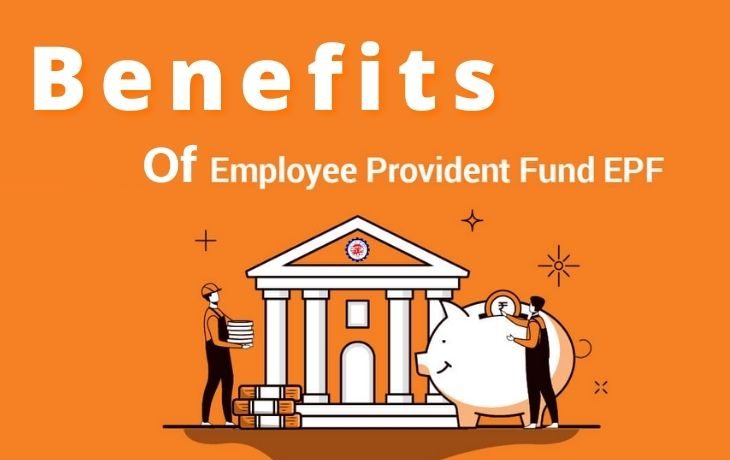The Provident Fund, which is required for each representative who satisfies Rs 15,000 limit for month-to-month PF commitment, is by and large viewed as a retirement-arranged venture choice. Under Section 80C of the personal expense act, a representative gets an annual duty exception on a PF commitment of up to Rs 1.5 lakh in a monetary year. The Employees’ Provident Fund Organization (EPFO) gives different advantages to its individuals.
Here are 5 PF account benefits
1 Loan against PF: A PF account holder can take a credit against their PF balance and the PF advance financing cost imposed is just 1% if there is a monetary crisis. Inside three years of advance disbursal, the credit must be reimbursed.
2 Free protection: Under the EDLI plot, if there should be an occurrence of death during the help time frame, a PF account holder of course gets qualified with the expectation of complimentary protection up to Rs 7 lakh. Beforehand, the passing cover was Rs 6 lakh. Under the EDLI conspire, the PF account holder need not compensation any protection premium for the passing cover.
3 Home advance and opening advance reimbursement: One can pull out up to 90 percent of the PF balance for purchasing another home or developing a home, according to EPFO rules. Along these lines, PF records can be utilized for home credit reimbursement and through PF balance, one can purchase land also.
4 Partial withdrawal during a crisis: Subject to certain terms and conditions, if there should be an occurrence of clinical or monetary crisis, EPFO permits fractional withdrawal.
5 Pension arrangement: A PF account holder is qualified for annuity following 58 years also. Be that as it may, to get qualified for the annuity, there must be at least 15 years of customary month-to-month PF commitment in one’s PF account. The annuity advantage comes from the business’ commitment as 8.33 percent of its commitment (out of 12%) goes to the EPS record of the PF account holder.


